Why Companies Should Spend More on Social Learning | Social.
Dashe & Thomson
MAY 4, 2011
Leaders have to be willing to put some money behind training programs and they have to trust the statistics validating informal and social learning principles. Search the blog Popular Latest Comments Tags Web-Based, Instructor-Led, EPSS? What’s it going to take for you to follow their lead? Leave a Reply Click here to cancel reply.




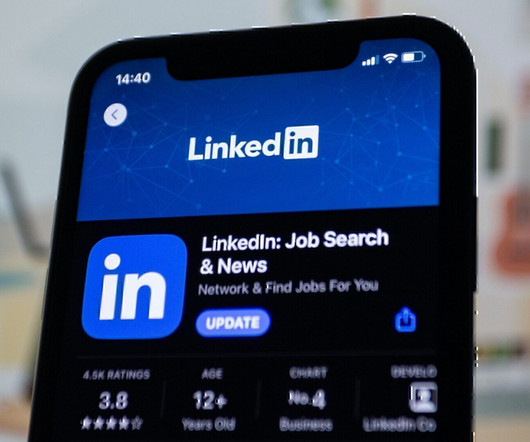














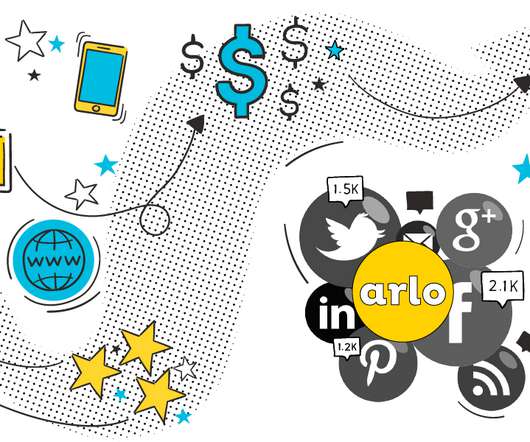


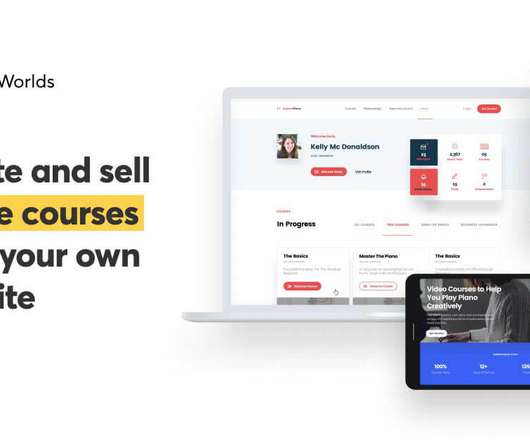

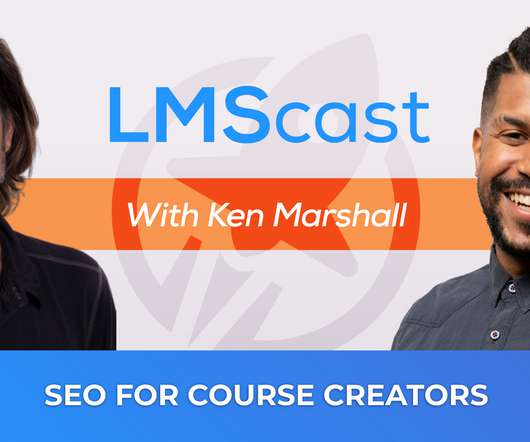







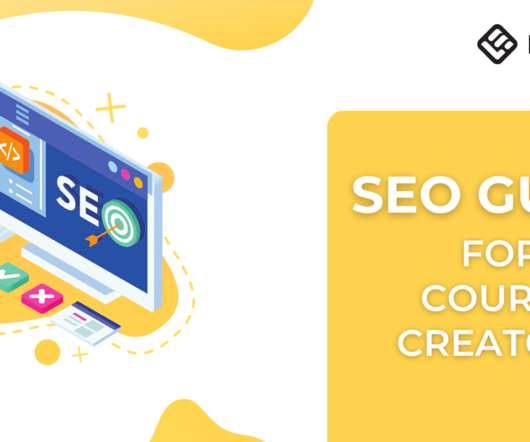


















Let's personalize your content